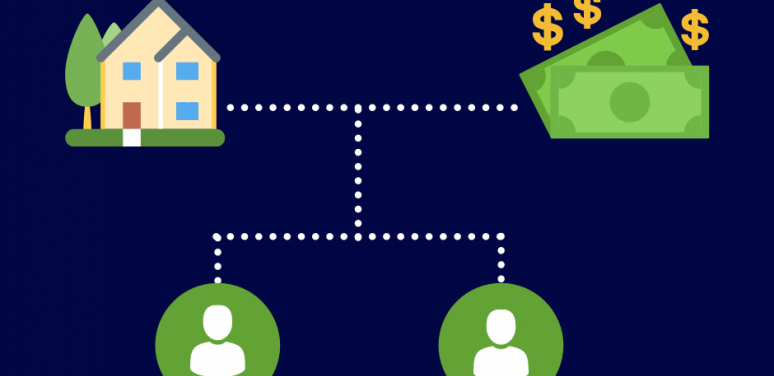What Happens To My Debts When I Die? - HELP4TN Blog

What happens to my debts when I die?
Many families are concerned that when a loved one dies, they will become legally responsible for their debt. This is not usually the case. When you die, the debt you owe at the time of your death will not be passed down to your family members, unless the family member co-signed on the loan, credit card, or jointly own property, for example. An individual who dies having debt is still largely responsible for that debt after they die through their estate. More specifically, the assets of the deceased’s estate are used to pay back any debt through a process called probate.
What is your Estate? What is Probate?
Your estate is the combination of all the assets you own at the time of your death. For example, your home and bank accounts are part of your estate when you die. Probate is the term for the process of paying off all of your debt and giving your remaining assets to those family members you have designated in your Will.
After you die, someone becomes the Personal Representative of your estate. You may appoint who you want to serve as the Personal Representative of your estate in your Will or a court will appoint a person to serve as the Personal Representative of your estate. The Personal Representative of your estate will be someone you trust to oversee that your assets be distributed to those who you owe debt.
The Probate Process
When your Personal Representative takes control over your estate upon your death, they are in charge of using your estate assets to pay off your debt(s), and, if there are remaining assets, distribute them to your family members, other people you designated in your Will, or according to the Tennessee Intestacy Statute if you die without a will. This Probate process has several steps and may include the following:
- The Personal Representative of your Estate will take inventory of all your property of your estate.
- The Personal Representative of the estate will notify all parties who you owed debt at the time of your death.
- The parties who believe they are owed by the estate will have a limited time to file a claim to the Personal Representative stating why they are entitled to payment in order to satisfy your debt.
- The Personal Representative will pay off your debts to all parties that made a valid claim within the limited time frame.
- The assets of the estate will be used to pay for the funeral of the deceased.
- The assets of the estate will be used to pay the final taxes of the deceased.
- The assets of the estate will be used to compensate the Personal Representative for their efforts in the Probate process.
- After the payment of all your debts, if your estate still has remaining assets, then the remaining assets will be distributed to your heirs according to your Will, or if you do not have a Will, according to the Tennessee Intestacy Statute.
Generally, your heirs will not be legally responsible for those debts and are not legally required to pay them, so long as they did not co-sign on any documents that created the debt. If your estate does not have enough assets to pay off all of your debt in the Probate process, the remaining debts will not typically become the legal responsibility of your heirs. If your estate has more debt than assets, however, it is very likely your heirs will not be able to receive the gifts you intended to give them upon your death because your debts must be paid before your heirs receive any assets from your estate. If you want to ensure that your family members receive the assets of your estate, learn more about paying off your debts here.
This blog is general information and is not legal advice. If you need legal advice or have questions, you can talk to one of our free legal helpline attorneys: 1-844-HELP4TN (1-844-435-7486).





